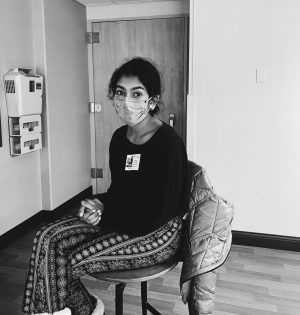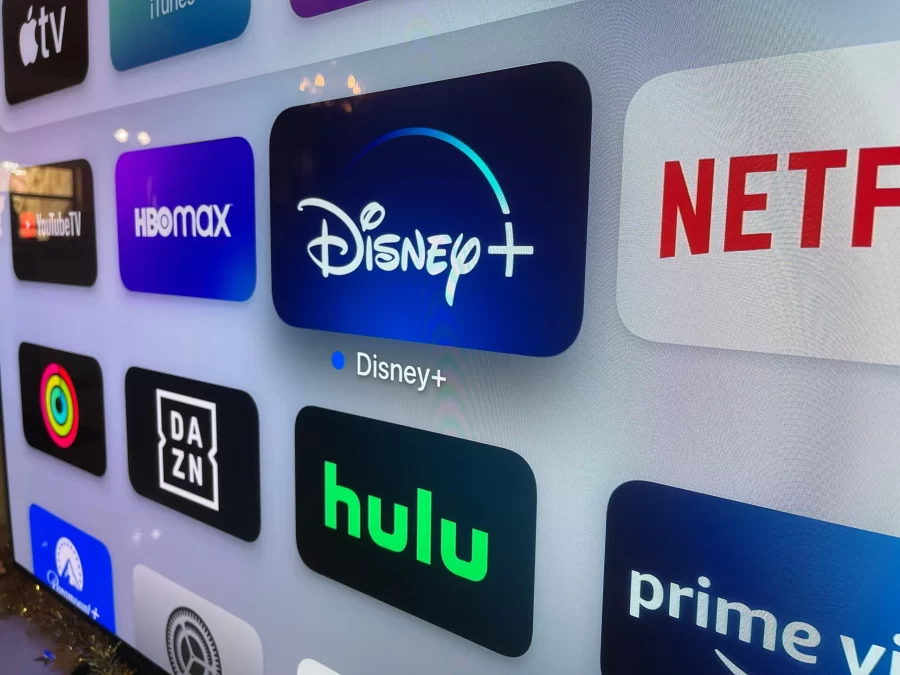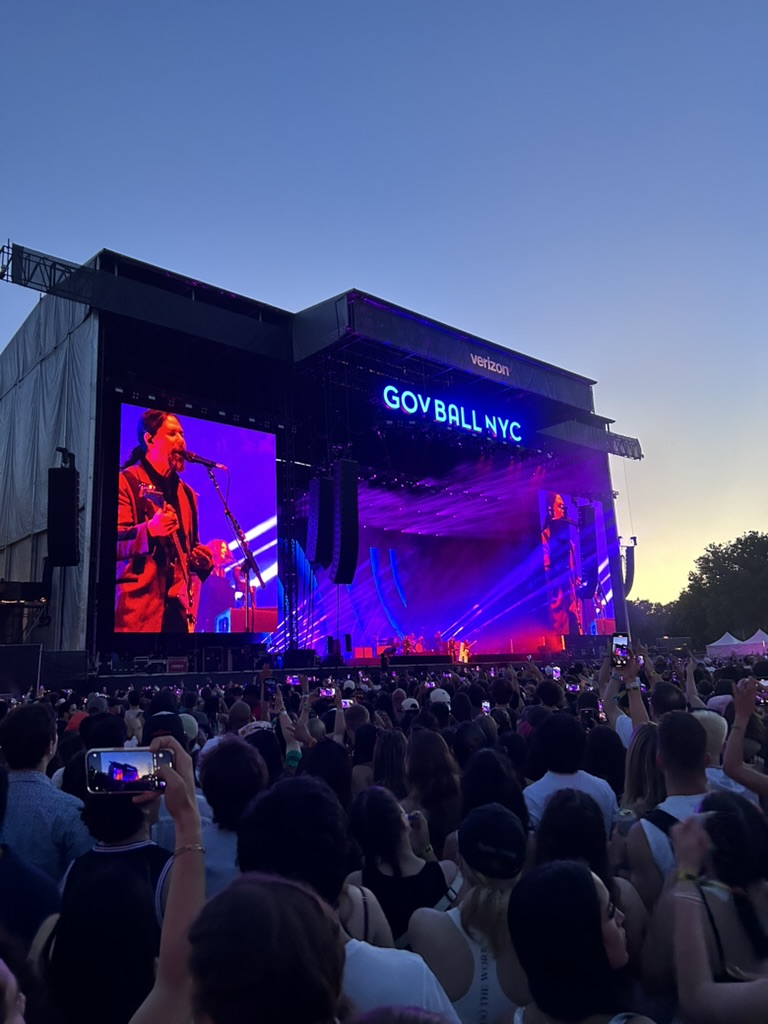Go Get Your COVID-19 Vaccines!
As of April 1st, the next phase of the COVID-19 vaccines began–authorizing 16 and older to get the vaccine.
May 6, 2021
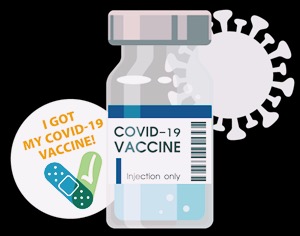
The CoronaVirus has changed our lives continuously and the only way to return to normal is through taking the vaccine. If you feel, however, you barely know the works of the vaccine and why your life will be so much better with it, listen up.
According to the New York Times’ “Covid-19 Live UpDates: US Vaccinations Accelerate as Variants Linger”, there have been new mutations in the virus that are apparently stronger than the vaccines. However, if we can get at least 90 percent of the population vaccinated quickly, we can greatly reduce the chances of the mutations ever reaching our community. Actually, the live update states that an average of three million doses are being given per day compared to the mere 1 million when Biden was first elected president. Do you want to be the only one of your friends who is not vaccinated?
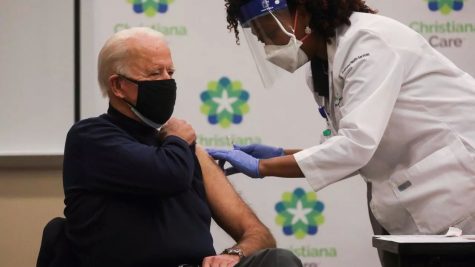
Helen Branswell, in her article “Comparing the Covid-19 vaccines developed by Pfizer, Moderna, and Johnson & Johnson”, explains the difference between the types of vaccines and how they work. Pfizer and Moderna use messenger RNA to build immunity but the J&J uses human cells to make the SARS-2 spike protein. All three, however, teach your body how to build immunity to the virus.
But do they have severe symptoms? No. In the trials, no one was hospitalized or seriously sick. However, there are temporary side effects, like a fever and headache. These are very common so you can expect them when you get your vaccinations. Though, isn’t a tiny symptom worth saving your own life and the lives of others?

You are probably wondering why, then, are a lot of people skeptical of this and how it has made you skeptible. Remember, there are a lot of factors that play in why people don’t want to get the covid-19 vaccine, which Kelly Elterman explores in her article “COVID-19 Vaccine Distrust: Why It’s High, and How to Respond to It”. The main reason people are skeptical is because of its effectiveness and whether it will have the opposite effect. Herd immunity is a term Elterman references, meaning that meaning the majority of people cannot get sick or spread the disease to others. Obviously, this is the goal. People are scared that giving the majority of the people the vaccinations will make it so much worse and a herd community can’t happen.
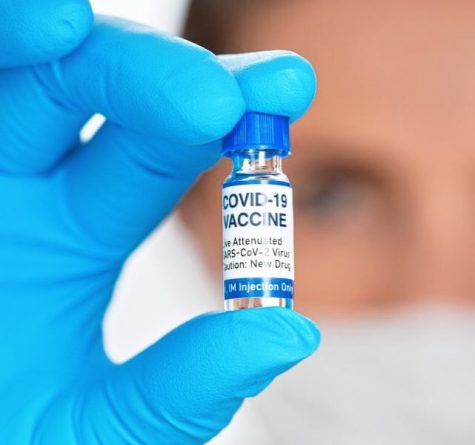
You are probably wondering why, then, are a lot of people skeptical of this and how it has made you skeptible. Remember, there are a lot of factors that play in why people don’t want to get the covid-19 vaccine, which Kelly Elterman explores in her article “COVID-19 Vaccine Distrust: Why It’s High, and How to Respond to It”. The main reason people are skeptical is because of its effectiveness and whether it will have the opposite effect. Herd immunity is a term Elterman references, meaning that meaning the majority of people cannot get sick or spread the disease to others. Obviously, this is the goal. People are scared that giving the majority of the people the vaccinations will make it so much worse and a herd community can’t happen.
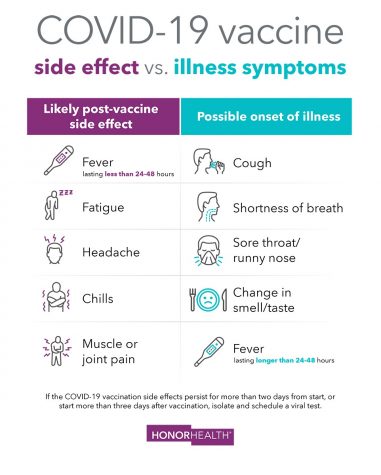
You are also probably thinking that if everyone doesn’t get vaccinated, then how can we ever be truly rid of COVID? The idea of getting vaccinated is to limit the risk of death and other more severe symptoms of covid as much as possible. Additionally, the government cannot make vaccines mandatory for all American citizens. Still, vaccinating most will allow for minimal spread, and the faster the vaccines can be spread, the less likely COVID will mutate if they cannot spread any more.
However, since these vaccinations are very experimental, there have been symptoms that have come to light that might influence what type of vaccination you get. According to Lenny Bernstein and Allyson Chiu of The Washington Post in their article “What You Should Do if You’ve Received the Johnson & Johnson Coronavirus Vaccine”, a rare symptom has been discovered of blood clotting. The symptoms of a blood clot are “headaches, leg pain, abdominal pain and shortness of breath that begins six to 13 days after receipt of the vaccine, officials said.” What you probably already know is that blood clots are associated with strokes and severe permanent brain damage, which is why you should seek medical attention if you choose the J&J vaccination and experience any of the symptoms listed above from the article. The vaccinations are designed to prevent COVID symptoms, not create more symptoms and/or increase risk of death, even if you are young and it is unlikely.
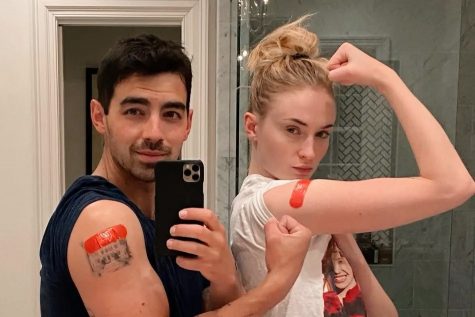
So book an appointment to get your vaccine today. Below is the link I used to book my vaccine (type: Pfizer) for Tuesday, April 20th! You will get two shots, a few weeks apart, and schedule them together.
Here’s a link to use to find a place near you and book your vaccine: https://vaccinefinder.org/search/

